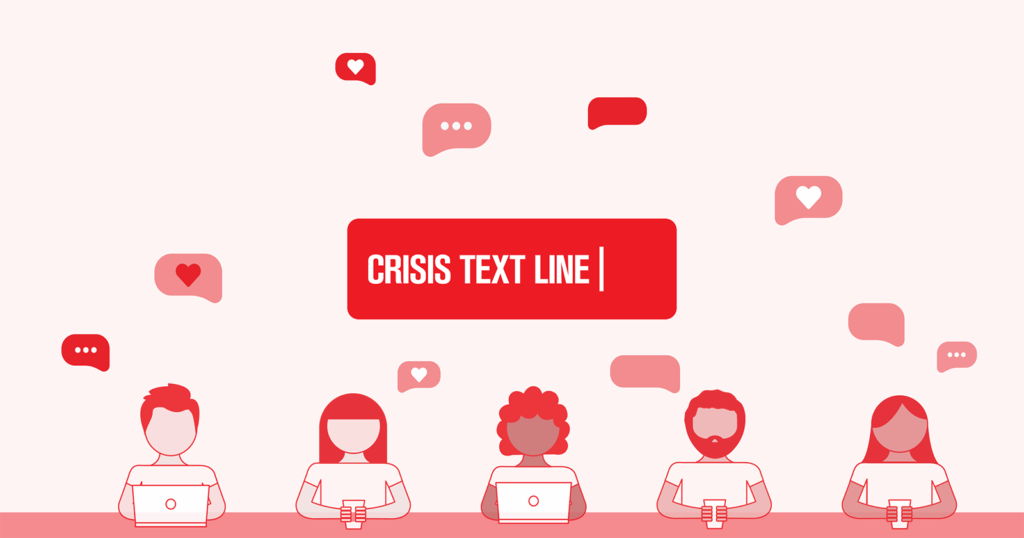Crisis text line, suicide prevention through artificial intelligence

Crisis text line, suicide prevention through artificial intelligence
Crisis Text Line

Suicide prevention hotline which, in addition to offering accompaniment, emotional support and home interventions to thousands of people going through difficult situations, has an algorithm that allows the service’s volunteers to identify which people are at high risk of suicide and therefore need more urgent intervention.
The service works in such a way that the person in crisis sends a message saying “HOME” to the number 741741, and a specialised volunteer responds quickly and in real time. The service goes out of its way to help people in times of distress or crisis by listening to them, reassuring them, and offering suggestions for overcoming their difficulties.
As a service that receives thousands of requests, deciding who to help first in times of floods of messages can be a life-or-death decision. That’s why Crisis Text Line uses an algorithm to identify people at high risk of suicide and to be able to intervene as quickly as possible in these cases.
Using machine learning, the artificial intelligence algorithm analyses the words and emojis that may indicate that a person is at high risk of suicidal ideation or self-harm. The system developed is based on the analysis of 30 million messages that the service has exchanged with users in recent years, and is thus able to position as an emergency those conversations with high-risk patterns that need to be attended to more urgently. As a result, 94% of people at serious and imminent risk of suicide receive an intervention in less than 5 minutes.
In addition, the data collected provides the service with very relevant information about the mental health of the clients. For example, it has concluded that Wednesday is the most anxiety provoking day of the week, and that self-harm crises occur mainly in the early hours of the morning.
Characteristics of innovation
Localization
United States
Partners / Funders
Center for suicide awareness, Thorn
Genesis
Crisis Text Line was born out of a vision to better serve people in crisis, and the inspiration began in 2011 when Nancy Lublin, the CEO of a leading online youth activist organisation, received a message from a teenage girl suffering from severe abuse. At the time there was a lack of trusted resources to access help, and so Lublin’s team began to devise a new paradigm for crisis intervention.
Level of implementation
Crisis Text Line went live in 2013, and within 4 months received messages from nearly every area code in the United States. It is now the largest text-based intervention service in the country.
Crisis Text Line has trained over 39,000 volunteers and has had over 4 million conversations with people in crisis.
The service is currently working to increase the speed of messages dealt with, with an increase of 72,000 text messages dealt with in less than 5 minutes in a year. Secondly, it seeks to detect and adjust the risk during the conversation with the person, beyond that detected in the initial messages. Finally, it is in the process of expanding internationally and in other languages. It currently operates in English in the United Kingdom, Canada and Ireland, and in English and Spanish in the United States.

Banc d’innovacions





